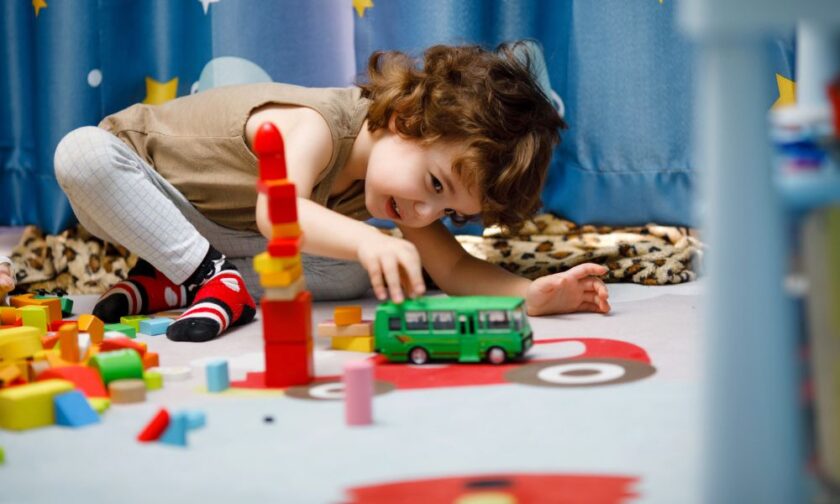When a grandparent, parent, teacher, or even a beloved pet dies, children need help coping with grief. Understanding what it means when a loved one dies is tough for any child, but it’s especially confusing and difficult for children with special needs.
There are ways to help a child with autism cope with grief that are similar to what you’d do for a neurotypical child. While you may find yourself explaining a child’s reactions to family and friends, the focus should be on helping the child cope with this difficult concept.
Keep It Simple and Concrete
People with autism may have difficulty understanding abstract concepts, and death is the most abstract concept of all. Talk to your child in simple, concrete sentences. Avoid euphemisms like “Grandpa has gone to a better place.”
Simply state, “I should tell you about a sad thing that happened. Grandpa died on Wednesday.” After a significant pause, you can say, “This means that Grandpa’s body stopped working. His heart stopped beating, and he stopped breathing. We won’t see Grandpa anymore. But we can always remember him and how much he loved you.”
Don’t Judge Reactions
Children with autism may have unusual reactions to sad news. They may laugh, scream, run around, or become aggressive, or they may have no reaction at all. Let them express their emotions without judgment. Wait it out, and choose a time when your child seems receptive to explain what happens next.
Validate Emotions
Tell your child that it’s alright to feel sad or even angry. Discuss that it’s okay to cry and that they may see you and many other family members and friends crying in the next few days.
Allow Participation in Rituals
Ritual and routine are important to people with autism. Don’t exclude your child from memorial services or funerals because you’re afraid of a meltdown, but have a plan B in case they need to step away and take some time to calm down.
Rituals like cremation ceremonies can be confusing and frightening. Explain that the service is a way for everyone who is sad about the death to comfort each other.
Make sure your child knows that nothing harmful can happen to the deceased person now. Explain that “Grandpa’s body is now like an empty box. He’s not in there anymore, and nothing can hurt him ever again.”
Use this as an opportunity to describe your family’s spiritual beliefs. At a minimum, you could say, “No one knows exactly where a person goes when their body is empty, but many people believe they still feel the person is with them and still loves them.”
Offer Reassurance
Children may think that the death was somehow their fault. Make sure your child understands that the death had nothing to do with them. Rather, it is simply part of the natural progression of life.
It won’t take long for a child with autism to transfer their concern about a lost loved one to you. Reassure your child that you are there to take care of them and that there are many others who love them and will also be there for them.
Helping a child with autism cope with grief requires kindness and understanding. Grant them permission to feel a range of emotions and reassure them that they’ll always have the love of the departed.






